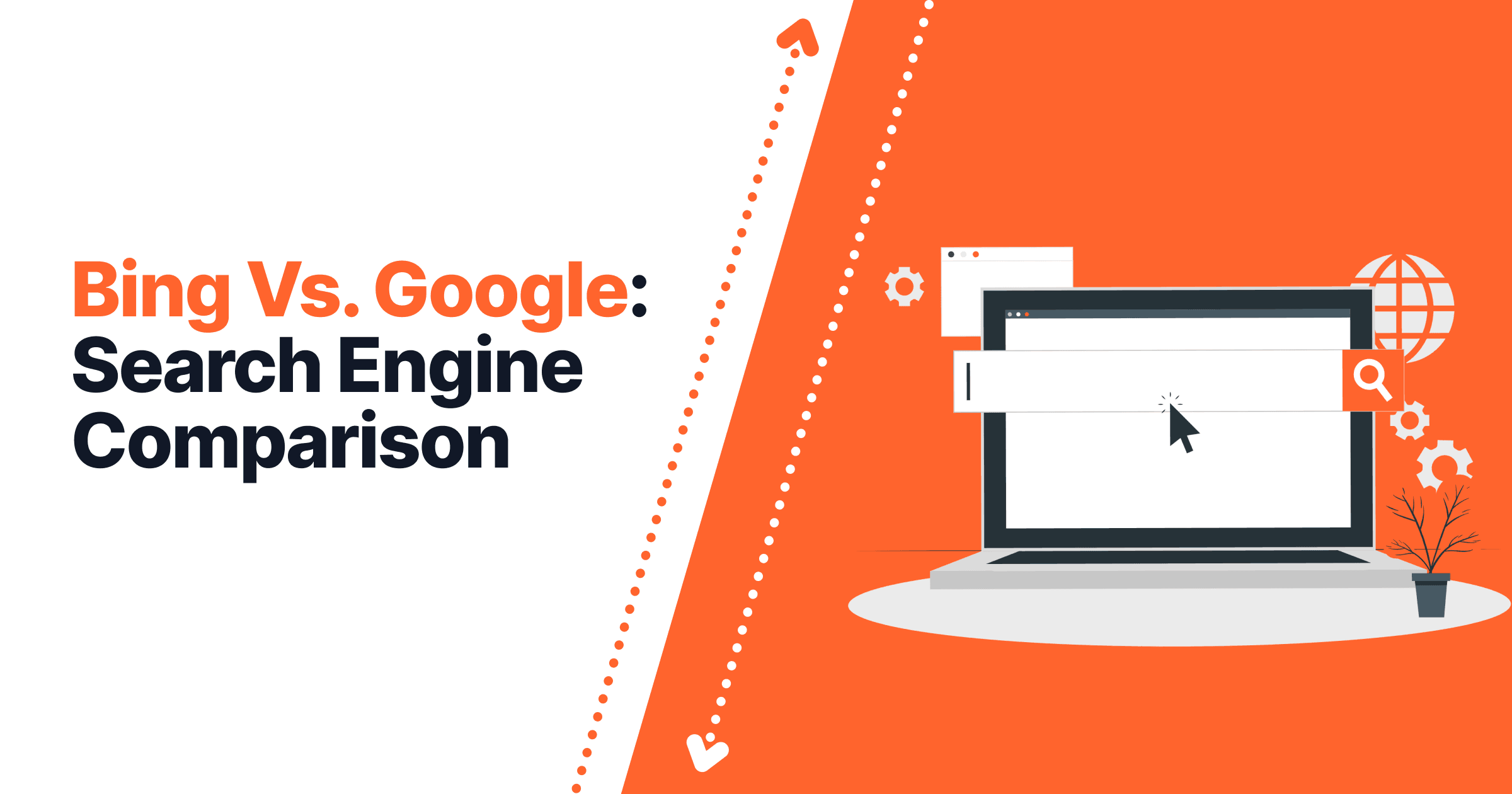Search engines have revolutionized the way in which people look for their information. Ever since the implementation of the first-ever search engine, Archie in 1990, there have been various search engines created around the world from Yandex, to Baidu and even Amazon. Although all of them look and feel very similar, it is undeniable that Google and Bing remain the most recognized search engines in the world.
Google is the obvious leader in this industry as it has been adopted by many western countries as their search engine of choice, but that does not mean Bing is not a worthy opponent. Bing has put in a lot of effort to catch up to this big giant.
But why should we even bother understanding search engines and how they work? Well, if you are a marketer that works with paid advertising, understanding the differences between Bing and Google can help you maximize your campaigns to increase your visibility and help reach new demographics.
What is Bing?
Bing is a search engine owned by Microsoft that was developed from Windows Live and MSN. It consists of three different search engines known as Bing, Yahoo, and AOL. When Bing was created, their first-ever big update was known as “Tiger”, this was the introduction of their first indexing technology. It is important to note that compared to Google, Bing does not update their algorithm very frequently. This is important because algorithm changes affect the ranking of your website and therefore changes need to be made accordingly.
What is Google?
Google was created by a search firm in 1998, with its main purpose being to analyze backlink authority. Over the years Google has expanded to over 50 internet services, with 70% of the world using Google for their internet searches. It was its initial service (backlinks) that made Google what it is today, a leader in the industry. Compared to Bing, Google’s algorithm changes are more frequent, ranging from big updates to minor changes. With this, Google always makes sure its search engine page is the best that it can be.

Search Engine Marketing
Search engine marketing refers to the process of purchasing traffic to your website through ads serviced on the search engine results page. Both Google and Bing have established a platform for paid advertising known as Google Ads and Bing Ads. The introduction of SEM presented a great opportunity for marketers to display their products or services in front of users who are ready for or looking for similar offerings. So, any marketer looking to use any form of paid advertising needs to understand the difference between the two networks and know-how this can affect their SEM results.
Google Ads
Google has also become the giant in the market for paid advertising due to its high search volume and reach. The Google Advertising platform consists of two different search engines: Google Search and Google Display. With Google’s search network you are able to target and display your ads on the search engine result page, while Google Display network allows you to create display ads to be shown on various Google Partner websites.
Bing Ads
Bing has worked a great deal on their advertising platform to make sure they are keeping up with the competition. As mentioned above, Bing’s search engine consists of three different platforms which means with Bing Ads, your ads will be displayed across Bing, Yahoo, and AOL.

The Biggest Differences
As mentioned above, it is important to understand the differences between the two networks to know how this can affect your SEM results.
Keywords: Both Google and Bing offer a tool for keyword research but the biggest difference is that Bing has a lower search volume.
Click-through-rate (CTR): Bing offers numerous resources for both financial and shopping services. This means that any ad targeted around these two industries will reach a highly interested audience, receiving both high engagement and high CTR.
Reach: Google comes out on top in terms of reach due to its popularity. It comes as no surprise that Google has both the highest search volume and the highest reach. But it is not the only network worth investing in.
Cost: Budget is something that is very subjective because this will vary from industry to industry. But, one agency reported that their spend on Bing was 20% to 35% less than it would have been on Google Ads. Due to Bing’s low search volume, it makes for a less competitive environment making the PPC cheaper, allowing you to make the most out of your money to reach engagement.

Where do you go from here?
When it comes to SEM it is important to identify the benefits you will get in the different search engines. This is not to say you should be using one over the other as if you want to maximize your reach it is better to use both. With what you have just learned you can make sure your campaigns are maximized to set you up for success no matter what!
To learn more about search marketing and what it entails check out our blog. This will give you all the information you need to make sure your agency stands out!
